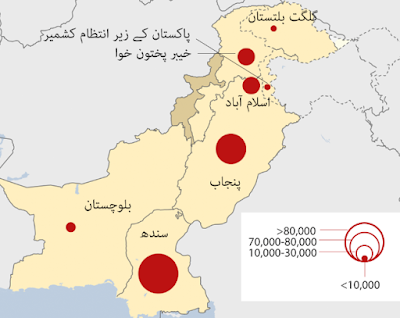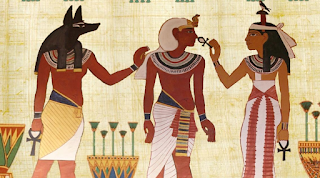A country develops not through material resources but through education. Knowledge has always been the first priority of civilized nations. The educated class plays a major role in the development of any nation.
The issue of education in Pakistan is very strange. There are more important roads and railway tracks than the education budget on which there is a much higher budget than education. The issue of both the quality of education and the education system is very precarious.
Our problem is the same education system, quality of education and education system. The first thing that needs to be decided at the national level is the education system. Only under a uniform education system can a society develop in harmony. Otherwise, the class system of education destroys the unity of the society. This creates feelings of hatred and contempt, not development. Upper class people look down on lower class people, they look down on them.

The biggest flaw in the education system of Pakistan is in the education system, where urban, rural, matriculation, Cambridge, madrasa, whatever the type of education is prevalent, then in the villages, Urdu is the medium of instruction. In cities and expensive private educational institutions teach in English. When children from rural areas come to the city for further education, they face many difficulties in the curriculum. Then their years of education are called into question, students become discouraged and instead of achieving success, they move towards failure, often saying goodbye to the educational journey altogether. The quality of education is such that in some parts of the country, 48% of the fifth grade students of public and private schools cannot read even written Urdu. On the other hand, no expression or a good request is written from those with master's degree. ۔

Pakistan, the world's seventh-largest nuclear power, is decades behind in achieving its goals in the field of education. The UN report states that Pakistan is 50 years behind in achieving the targets in the field of primary education, while 60 years behind in the field of secondary education. The number of youth in our population is very high ie there are 113 million youth in the total population which is 65% of the total population.
Despite having such a large population of young people in Pakistan, they are not being fully exploited. The reasons for this are lack of school enrollment, poor basic education and lack of education and technical training. Currently, 22 million school-age children in the country are out of school. When these 20 million children are out of school, when they grow up, they will only be able to do hard work. In this way, the potential of a large section of the population will be lost at the national level.
Only by adapting Pakistan's curriculum to the needs of the country and the world can we join the ranks of the developing world. We must also seek guidance from the Qur'an and the Sunnah of the Prophet. An education system tells us at what age the student will study, how, and to what extent, and so on. We often have discussions about British, American or Western education systems as a whole. All of these education systems are very good and standard in their own right. But the Islamic point of view is much better than that.
Today, when the world has reached the moon, even in the 21st century, our lack of high purpose is the first flaw. It is noteworthy that if the student has matriculated, then to do FA, if it is FA, then to do BA, if it is BA, then to do MA, if it is MA, then to do M.Phil. After all, getting a degree is just a good pay scale, or a race for marks, or a good job.
It is a different matter to be able to attain a point of knowledge and a place of knowledge after benefiting from one's own skill and hard work, the Qur'an, the Hadith of the Prophet and the insights of the scholars. The fact is that at the conscious level we are not being educated with a higher purpose or that we ourselves are not being educated with a higher purpose. Both of these points to the fact that at the national level, the entire education system (administration, curriculum and students) lacks a lofty goal somewhere.
It is not enough to just set goals in education policy. These goals also need to be practically aligned with the entire education system and machinery.
Education will be redefined to change the purpose of the curriculum. Education will be the transfer of skills to the students that will help them to solve problems in their personal and national life in the best possible way with the knowledge given by Allah while training will be the creative and practical application of these skills. Is. Writing and reading are basic academic skills, and learning them will open the door to knowledge for a student. They will be called Basic Cognitive Skills. After learning them, a student will deserve to be called a regular student. These skills go a long way in helping a student learn Practical Skills. Meditation, patience, honesty, justice and innovation are the five Practical Skills without which no personal and national problem can be solved. The difference is that in all other systems of education, all these skills are applied to human instincts and interests, while for the purpose of the curriculum in question, these skills are subject to the fear of God Almighty. The main purpose of education is to consciously teach and apply the above five skills in the minds of the students







Comments
Post a Comment